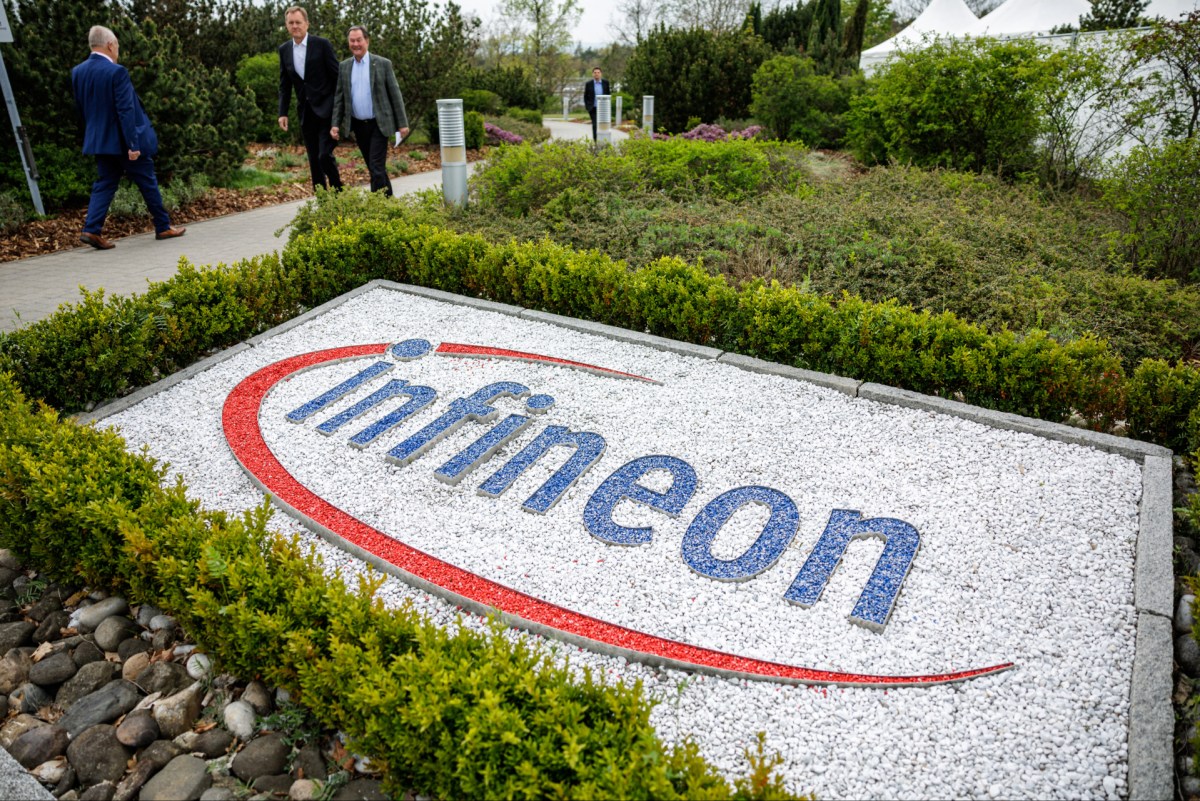Here is the rewritten content:
A new open source startup, aiming to address the issue of API sprawl in the GraphQL ecosystem, has received backing from e-commerce giant eBay.
The company, WunderGraph, has announced that it has raised $7.5 million in a Series A funding round to “scale its open source GraphQL federation.”
Investors in this round include eBay’s venture arm, eBay Ventures, as well as Karma Ventures and Aspenwood Ventures. In addition to investing, eBay is also serving as a core design partner for WunderGraph, which is building an open source alternative to rival products from Apollo, a GraphQL company.
“Our investment in WunderGraph’s highly performant open source platform will help boost eBay’s API ecosystem and enable our teams to work faster and smarter in building products that help our sellers thrive,” said Bryan Woodruff, eBay’s VP of seller experience engineering.
WunderGraph was founded in 2020 by CTO Dustin Deus, CEO Jens Neuse, COO Björn Schwenzer, and CCO Stefan Avram.
Although three of the company’s founding team members are based in Germany, WunderGraph has been incorporated in the US since its inception. Miami-based Avram joined the team in 2022 to provide on-the-ground leadership in the US.

There’s an API for that
For those unfamiliar, GraphQL is a data query language for APIs developed at Meta (then Facebook) in 2012. It was initially used as part of the company’s transition from web wrappers to native mobile apps. Meta open-sourced GraphQL in 2015 and later transitioned the project to its own foundation under the Linux Foundation.
In simple terms, GraphQL enables clients to request the exact data they need, increasing efficiency compared to traditional REST APIs.
The rise of GraphQL supports the API economy, where software is built using microservices. However, as an application grows, the number of APIs can become unwieldy, making it difficult to orchestrate at scale.
WunderGraph initially built a software development kit (SDK) to unify multiple APIs. After raising a $3 million seed round in 2023, the company began building an open source alternative to Apollo’s GraphQL federation, called Cosmo.
Cosmo was created in response to Apollo’s decision to change its federation product from an open source MIT license to a proprietary Elastic License. This move created an opportunity for WunderGraph to provide an open source alternative.
“By the summer of 2023, it was getting tough, because we weren’t getting the deals we needed and the whole operation wasn’t going in the direction we wanted it to,” Neuse told TechCrunch.
After analyzing sales notes, the founders noticed that customers were looking for an open source alternative to Apollo Federation. This led them to debut Cosmo in late 2023.
The eBay factor
As the core maintainer and contributor of its open source effort, WunderGraph sells hosting and premium support services. Larger companies can build their own version of Cosmo in-house, but they may prefer to use WunderGraph’s version and pay for support.
The partnership between WunderGraph and eBay has proven beneficial, with eBay providing design input and WunderGraph gaining expertise in building a product that can be integrated into large enterprises.
“I would say we are experts in federation, but we don’t have experience in eBay-scale problems,” Neuse explained. “And so by having this very close relationship, they taught us everything in terms of how we need to build our product so that it can be integrated into companies like eBay.”
With the fresh $7.5 million in funding, WunderGraph plans to grow its workforce and double down on its open source GraphQL federation, adding tools to support collaboration and governance for larger enterprises.
“Open source is the future of API management, and enterprises are demanding transparency, flexibility, and control,” co-founder Stefan Avram added. “We’re building the essential plumbing for the world’s biggest platforms, and this funding allows us to scale while keeping our commitment to open source development.”
Source Link





